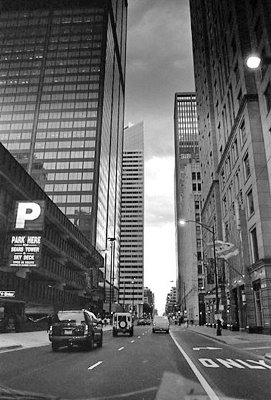All Nonfiction
- Bullying
- Books
- Academic
- Author Interviews
- Celebrity interviews
- College Articles
- College Essays
- Educator of the Year
- Heroes
- Interviews
- Memoir
- Personal Experience
- Sports
- Travel & Culture
All Opinions
- Bullying
- Current Events / Politics
- Discrimination
- Drugs / Alcohol / Smoking
- Entertainment / Celebrities
- Environment
- Love / Relationships
- Movies / Music / TV
- Pop Culture / Trends
- School / College
- Social Issues / Civics
- Spirituality / Religion
- Sports / Hobbies
All Hot Topics
- Bullying
- Community Service
- Environment
- Health
- Letters to the Editor
- Pride & Prejudice
- What Matters
- Back
Summer Guide
- Program Links
- Program Reviews
- Back
College Guide
- College Links
- College Reviews
- College Essays
- College Articles
- Back
Catcall
You are walking down the street with your dog. You see a red truck drive by, and the man in the passenger seat yells out at you, "Hey sexy!" Your great mood crumbles. This is the first time. You're only twelve years old.
The next time is on Halloween night in 9th grade. You compliment a guy's mask as you walk past. His friend turns and says, "Damn girl!" You're embarrassed.
But those pale in comparison to a day walking in the city, while you wait for your mom to catch up after she pays for parking. A guy about 40 comes out of the building near you. He comes up next to you, try to touch you. He says, "Hey babe." You duck away quickly, walking as fast as you can.
These are not fictional tales. This is something that happens to women all around the world every day. 84% of females report having been catcalled by the time they reach 17. 13% of women are catcalled by the age of ten. Only 1 in 10 women won't deal with sexual harassment by the time they leave teenage years. Researchers across 22 countries report 16,000 women have been groped or fondled in public without consent.
Of course, it's not only women that face street harassment. Although a smaller number, many men have been harassed in public. Nationally, 65% of women and 25% of men report being generally harassed. 57% of women and 18% of men report being verbally harassed. 41% of women and 15% of men report physical aggression. 1 in 3 women between the ages of 18-34 report facing harassment at their workplace. 77% of women in the USA have been followed by a man or group of men in the last year.
This is an issue that millions of women worldwide face. It is barely acknowledged. It's just said to be a compliment. It's really the opposite. Women and men who are harassed are known to get more angry, depressed, afraid, and/or have a drop in self-esteem. People also report their harassed friends changing clothes, covering their bodies, and refusing to attend social events that happen after.
If you want more information on the subject of street harrasment, or you want to find a way to help, I would reccommend visiting the website for Stop Street Harassment. Something needs to happen with this issue.

Similar Articles
JOIN THE DISCUSSION
This article has 0 comments.
